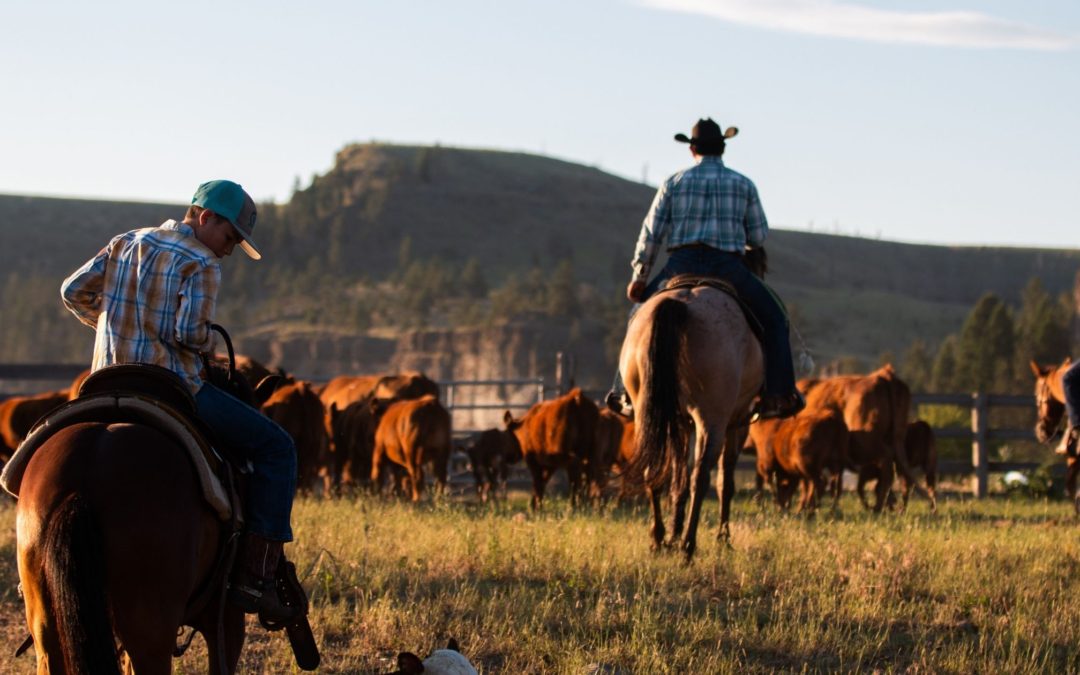Change is inevitable. Don’t worry too much about the future.
Note that I didn’t say not to worry at all about the future—I said not to worry too much about the future. If you spend all your time worrying about what might happen, you won’t get anything done today.
So, what has the COVID-19 pandemic taught our industry? How has it affected the demand for local food? And how can we continue to adapt and take actions efficiently to keep our businesses moving forward?
What the COVID-19 Pandemic Has Taught Us
The coronavirus pandemic has reinforced the lesson that change can come at any time. There are many questions about what will happen in our industry. What will happen to local demand for the foods, products, and services we provide? How will the pandemic affect the future of our businesses?
While COVID-19 has thrown a lot our way, it has also proven the demand for local food will always be there. In fact, it is even stronger now. There has been an increase in community support for local farmers and food artisans.
As people have mainly been cooped up at home, there has been a boost in home cooking, home gardening, and food preservation. Plus, consumers have been wary about food quality and safety, a concern that benefits local farmers.
And remember the beginning of the pandemic, when grocery stores were practically empty of staples? This spurred shoppers to start searching for and buying directly from local farms, coops, CSAs, farm stands, and farmer’s markets.
All of this activity has provided local farms with new revenue streams. And according to Michigan State University professors for The Farmer’s Exchange, the trend will continue upwards now that even more consumers have embraced the local food movement.
The bottom line: Prepare your business. Remember how many things and other people are beyond your control. Remain flexible and be ready for changes to come—both the ups and downs. Make good decisions quickly and efficiently, and be willing to change if you made the wrong decision.
Adapting & Decision-making During Times of Uncertainty
Speaking of flexibility, how can you adapt to change? While it is important to prepare for change, it’s also critical not to let the fear of change, multiple ideas, and desire for perfection paralyze you.
We often see entrepreneurs make two significant mistakes:
- Trying to do too many things at once and taking their business in too many directions, or
- Analyzing things to death while striving for perfection (a.k.a. Analysis paralysis).
You will always be presented with new opportunities and options for where you can take your business. This doesn’t mean you should try to tackle everything at once. Focus on one thing, do it well, and then move on to the next.
On the other side of the coin, avoid overanalyzing situations. Perfection is the enemy of progress. Let good enough be good enough. Make decisions and take actions that will move the needle forward in your business.
In other words, trust your gut. Something is always going to change. But make sure you’ve laid out the decision-making process in a logical fashion.
This isn’t to say you shouldn’t make carefully thought-out decisions. Take the time to think through the ramifications. Ask yourself (and your team, when appropriate) what is the worst that could happen if you do or do not do something.
Just remember that even if you make the wrong choice, it can be fixed.
When you do come to a decision, take prompt action. If it’s working, keep going! If it’s the wrong decision, fail fast. Learn from it, fix it, and go in a different direction. You can’t keep NOT deciding if you want your business to grow.
Don’t let F.U.D. and F.O.M.O. stall your decisions and business:
- FUD = Fear, Uncertainty, and Doubt
- FOMO = Fear of Missing Out
Consider your opportunity costs with each decision. Even business actions that do not have a financial cost have an opportunity and time cost. So how are you spending those resources?
When faced with an important decision, consider the potential benefits of each option. And remember that time is our most limited resource. You can’t get more of it.
Prepare your business by anticipating what could go wrong (or right) to the best of your knowledge and experience. Just don’t dwell on the future and everything that may or may not happen. Take it day by day and make choices that help your company progress.
Finally, as I have said before, there are two things you need to know to be an entrepreneur: 1) How to use Excel, and 2) How to plunge a toilet. The Excel reference is really about having a systematic approach to solving and analyzing problems. The plunging reference is about being willing to do whatever it takes.
Do you need coaching or advice on your farm’s next steps? Contact us to find out how our farm business experts can guide you along your journey during these challenging times. We know how to use Excel—and have plunged many toilets (both our own and our clients’!).
